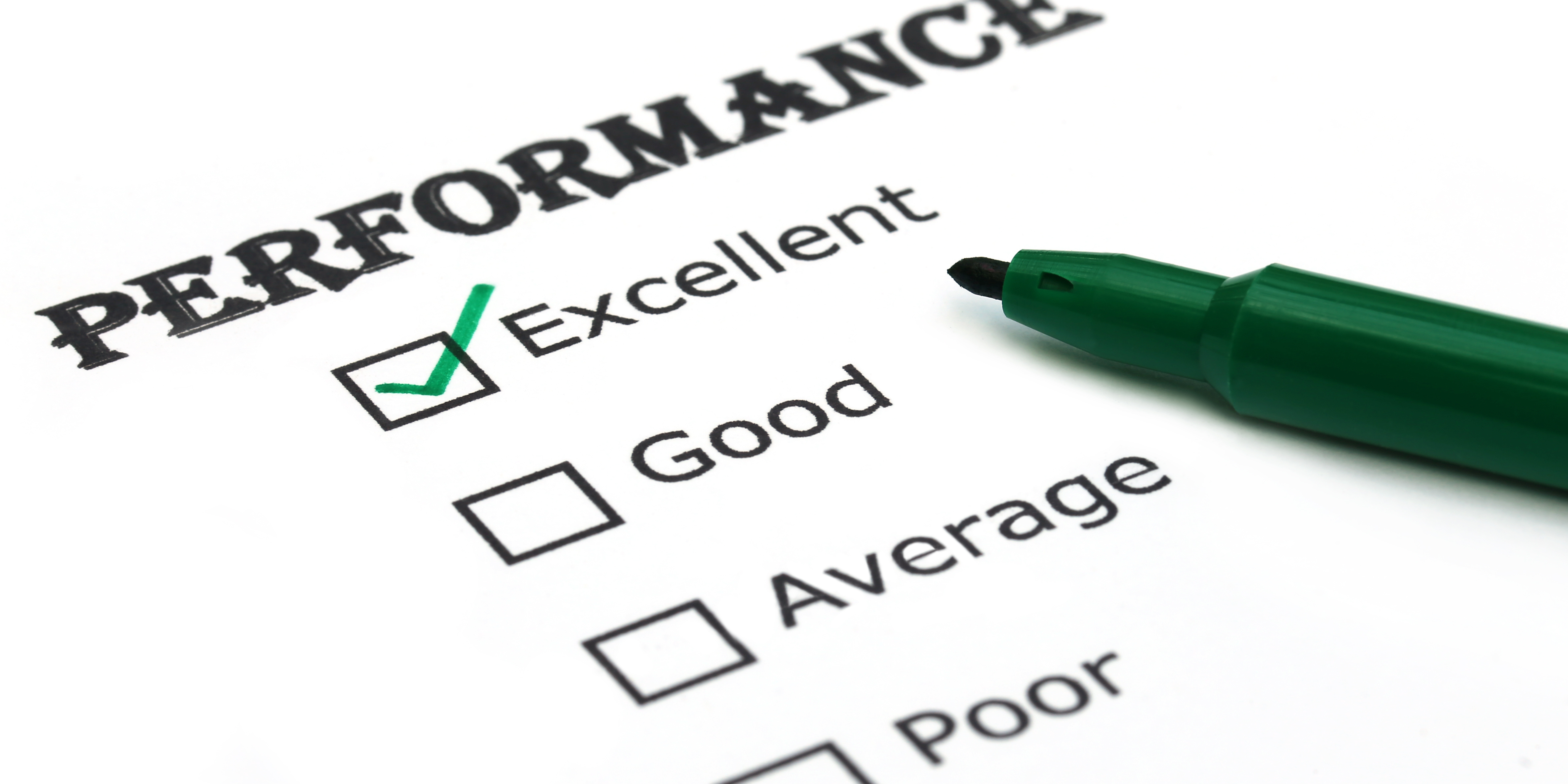In the dynamic landscape of today’s workforce, effective performance management is not just a process—it’s a strategic imperative. As hiring managers and HR professionals, we play a pivotal role in shaping organisational success by implementing robust evaluation practices. Let’s delve into the best practices that can elevate our performance management game and drive employee excellence.
- Alignment with Organisational Goals: Regular performance evaluations ensure that employees’ efforts align with the company’s strategic objectives. It’s the compass that keeps everyone moving in the right direction.
- Feedback and Growth: Constructive feedback fuels growth. When done right, evaluations empower employees to enhance their skills, address weaknesses, and contribute more effectively.
- Retention and Engagement: Employees who feel valued and recognised are more likely to stay committed. Performance evaluations provide a platform for acknowledgment and motivation.
Best Practices for Effective Performance Evaluation
- Clear Expectations: Begin with crystal-clear job expectations. Employees should know what success looks like and how their roles contribute to overall success.
- SMART Goals: Set Specific, Measurable, Achievable, Relevant, and Time-bound (SMART) goals. These provide a roadmap for performance improvement.
- 360-Degree Feedback: Involve peers, subordinates and supervisors in the evaluation process. Multiple perspectives offer a holistic view of performance.
- Regular Check-Ins: Annual reviews are essential, but regular check-ins throughout the year keep communication channels open. Address challenges promptly and celebrate wins.
- Skill Development Plans: Use evaluations to identify skill gaps. Create personalised development plans to bridge those gaps.
- Data-Driven Insights: Leverage data and analytics. Objective metrics provide a fair assessment and guide decision-making.
Technology and Performance Management
- Modern Tools: Invest in performance management software. These tools streamline evaluations, track progress and facilitate continuous feedback.
- Automated Reminders: Set automated reminders for evaluations. Timeliness matters — don’t let reviews slip through the cracks.
- Training for Managers: Train managers on effective evaluation techniques. They need the skills to provide constructive feedback and motivate employees.
Performance management isn’t a one-size-fits-all process. Tailor it to your organisation’s culture, industry and unique needs. By embracing best practices, we create a culture of excellence — one where employees thrive, contribute and grow.





